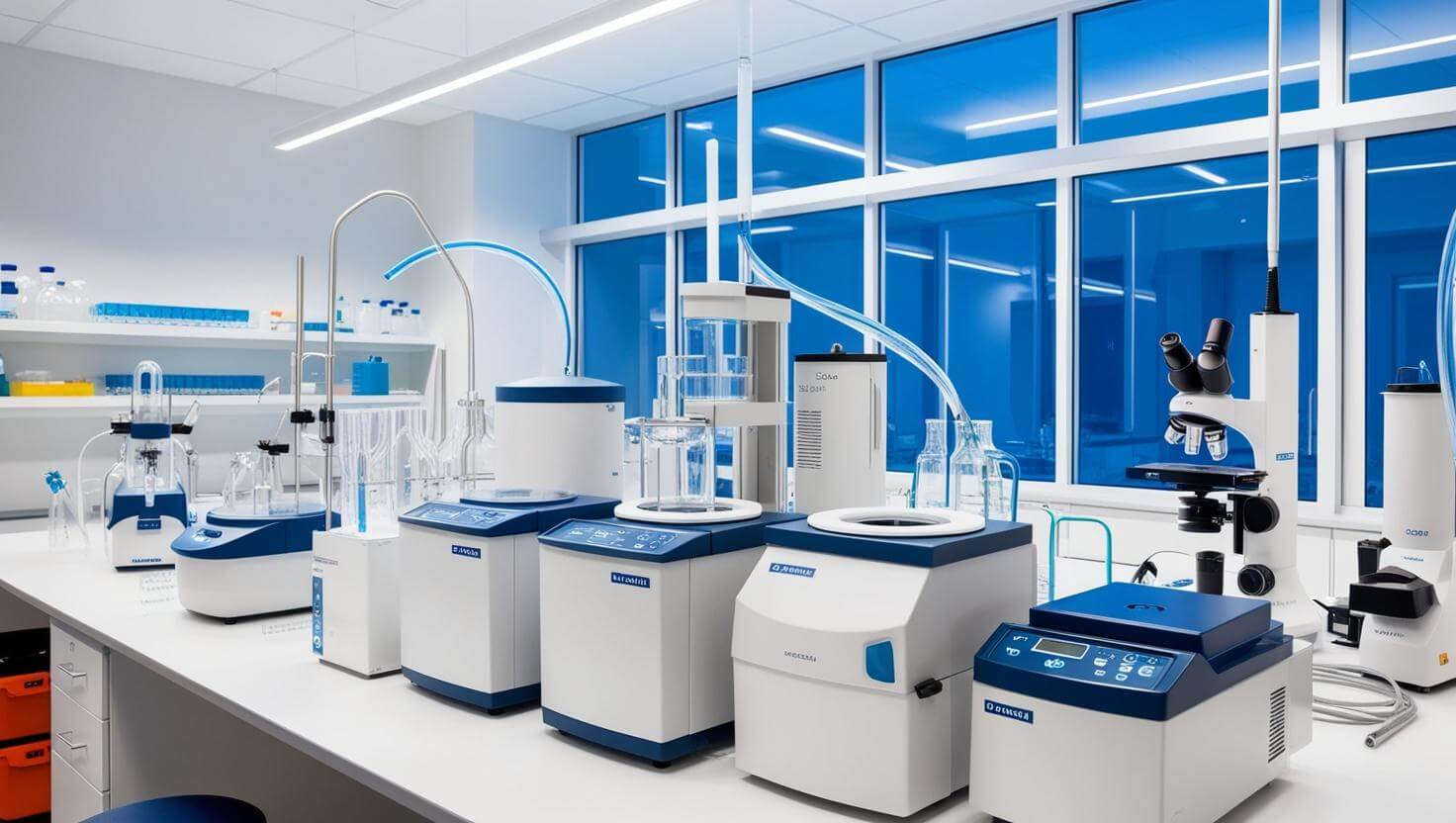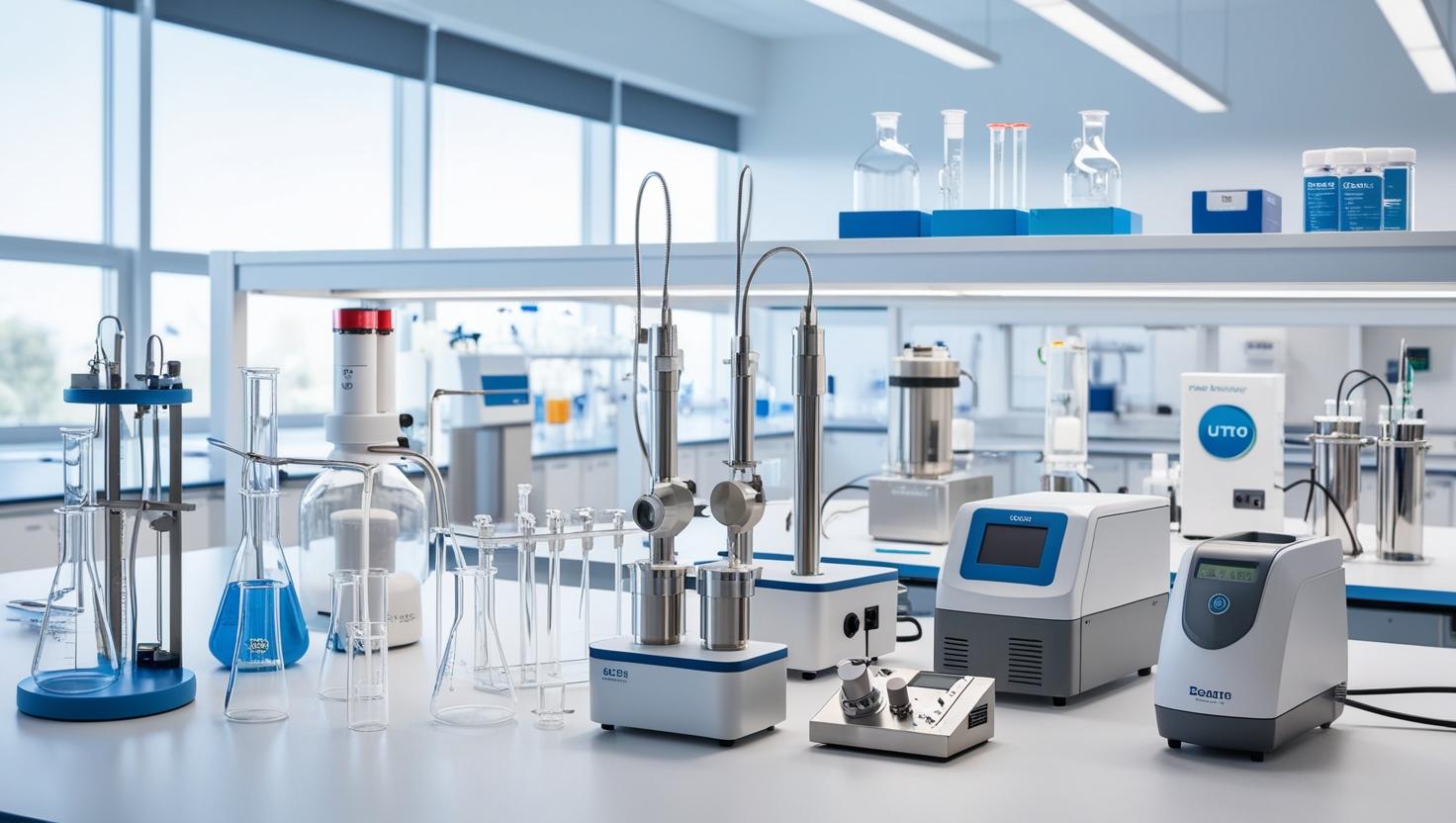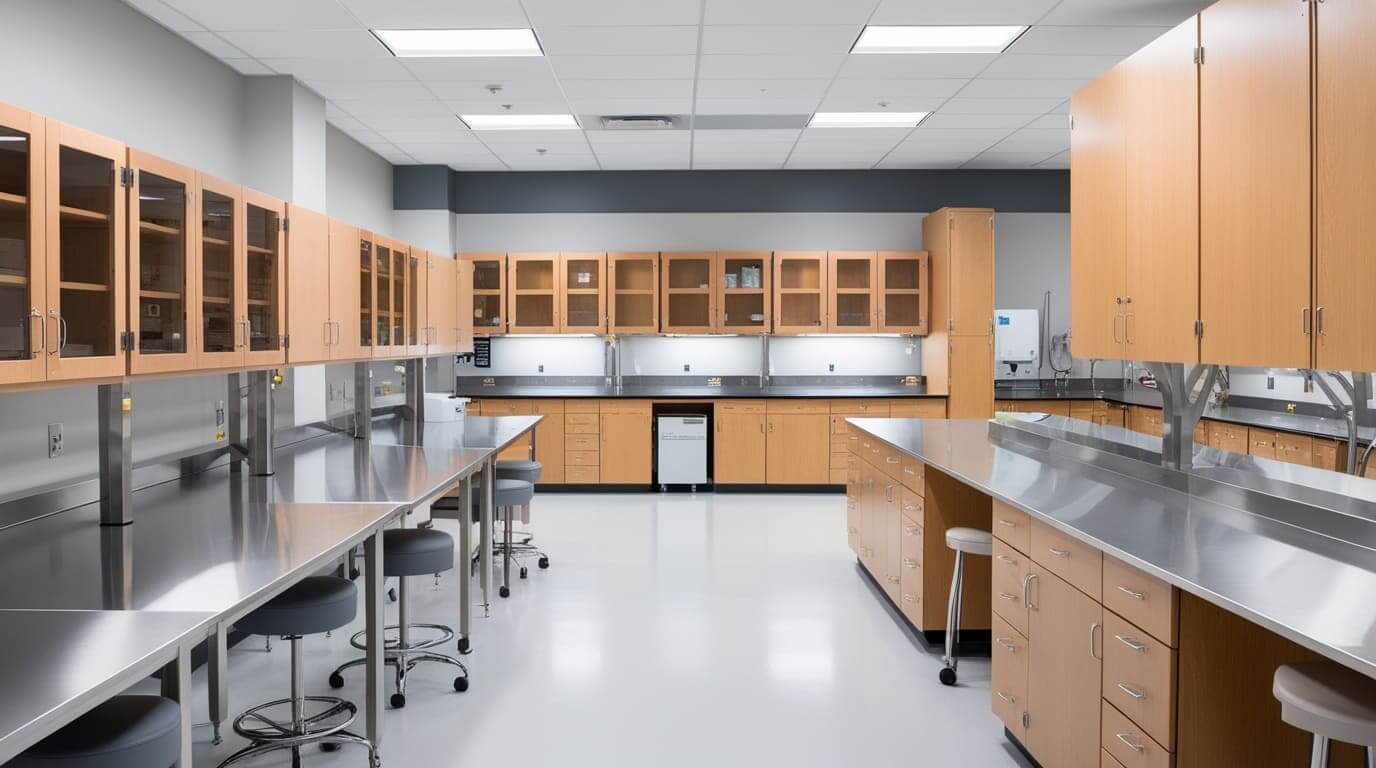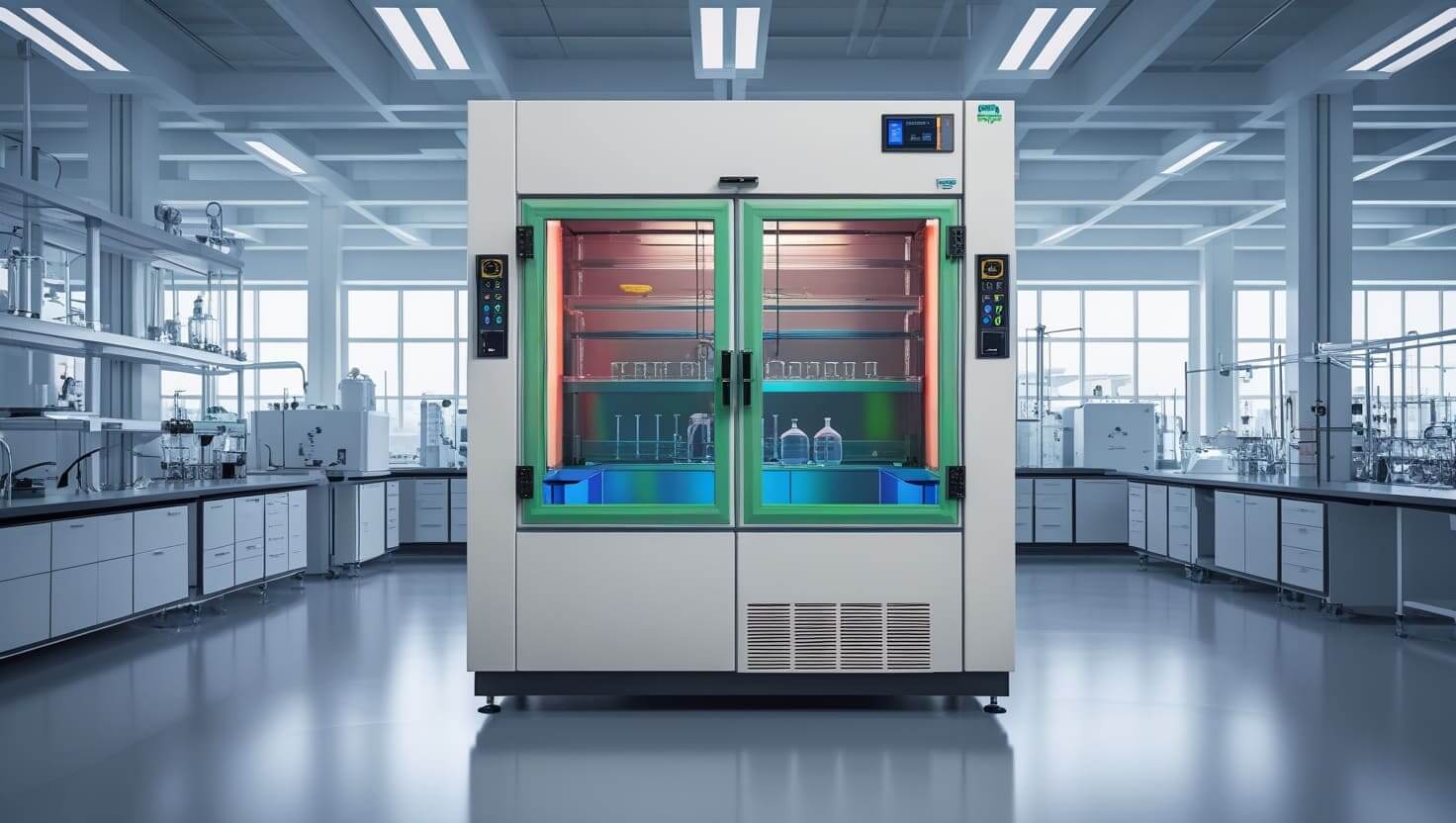Choosing reliable Laboratory Equipment Suppliers in India is crucial for maintaining accuracy and efficiency in various scientific and industrial applications. Whether you’re setting up a new lab or upgrading your existing equipment, selecting the right supplier can make all the difference. In this article, we’ll explore how to identify trustworthy suppliers and ensure you get the best value for your investment.
Understanding the Importance of Reliable Suppliers
Why Quality Matters
High-quality laboratory equipment ensures precise and reliable results, which is vital in scientific research, medical diagnostics, and industrial testing. Inferior equipment not only compromises accuracy but also increases maintenance costs.
The Role of Laboratory Equipment in Accuracy
Laboratory instruments are integral to experiments and data collection. Any flaws or inaccuracies can lead to faulty conclusions, affecting research outcomes or product quality.
Key Considerations When Choosing Suppliers

Experience and Expertise
Look for Laboratory Equipment Manufacturers with a long-standing reputation. Companies with years of experience often offer more reliable products and better customer support.
Range of Products
A reliable supplier should offer a comprehensive selection of lab equipment, including glassware, analytical instruments, and consumables. Having multiple options from one source saves time and reduces logistic complications.
Quality Assurance and Certifications
Ensure the supplier follows international quality standards and holds relevant certifications like ISO. This indicates that the products meet safety and performance criteria.
Researching Potential Suppliers
Online Presence and Reviews
A professional website and positive online reviews reflect a supplier’s credibility. Check third-party platforms for unbiased customer feedback.
Client Testimonials
Testimonials from reputable institutions add to the credibility. Reach out to their existing clients to understand the supplier’s reliability and support.
Checking References
Ask for references and directly contact them to inquire about their experiences with the supplier. This step helps verify claims made by the supplier.
Evaluating the Product Quality
Material and Durability
Inspect the material used in the equipment. Reliable suppliers use high-quality raw materials that ensure durability and long-term functionality.
Compliance with Standards
Check whether the products meet industry standards and regulations. Look for certifications that assure safety and accuracy.
Cost and Budgeting
Balancing Quality and Price
While cost is a critical factor, don’t compromise on quality for a lower price. Quality equipment minimizes long-term costs related to repairs and replacements.
Hidden Costs to Watch Out For
Some suppliers may not include taxes, delivery charges, or installation fees in their quotes. Always ask for a breakdown of costs to avoid surprises.
After-Sales Support and Maintenance
Importance of Customer Service
Reliable suppliers offer robust after-sales support, including maintenance and calibration services. Check if the supplier has a dedicated support team.
Warranty and Maintenance Plans
A good warranty period indicates confidence in product quality. Opt for suppliers that offer extended warranties and affordable maintenance packages.
Customization Options
Some labs require custom solutions to meet specific needs. Reliable suppliers offer customization options, allowing you to tailor equipment specifications.
Delivery and Installation
Timely Delivery
Check the supplier’s track record for on-time delivery. Delays can hinder lab operations, especially in time-sensitive projects.
Installation Assistance
A reliable supplier not only delivers but also assists with setup and calibration, ensuring equipment functions as expected.
Supplier Reputation
Recognitions and Awards
Suppliers with industry awards or recognitions typically maintain higher quality standards.
Long-Term Partnerships
Building a long-term relationship with a reliable supplier can lead to better deals and consistent quality.
Certifications and Accreditations
Suppliers with ISO certifications or government approvals demonstrate compliance with safety and performance standards.
Comparing Multiple Suppliers
Creating a Comparison Chart
List the pros and cons of shortlisted suppliers to make a well-informed decision.
Analyzing Pros and Cons
Consider factors like product quality, customer feedback, after-sales support, and pricing.
Contract and Agreement
Reading the Fine Print
Before finalizing, read the terms carefully. Pay attention to clauses related to warranties, maintenance, and returns.
Negotiation Tips
Don’t hesitate to negotiate for better pricing or additional services. Reliable suppliers often accommodate reasonable requests.
Finalizing the Supplier
Cross-Checking Details
Double-check the agreement and confirm the delivery schedule before signing.
Making the Final Decision
Choose a supplier that balances quality, reliability, and cost while providing excellent after-sales support.
Conclusion
Choosing the right Laboratory Equipment Suppliers in India requires careful consideration of experience, product quality, and customer support. By conducting thorough research and comparing multiple options, you can secure reliable equipment for your lab.
FAQs
- What certifications should reliable lab equipment suppliers have?
Look for ISO certifications and government approvals to ensure compliance with safety standards. - Why is after-sales support important?
It helps maintain the equipment’s functionality and ensures quick resolution of issues. - How can I verify a supplier’s reputation?
Check online reviews, client testimonials, and references from existing customers. - What are the hidden costs when buying lab equipment?
Taxes, delivery charges, and installation fees are common hidden costs. - Is it better to choose a supplier offering customization?
Yes, as it allows you to get equipment tailored to your specific requirements.



